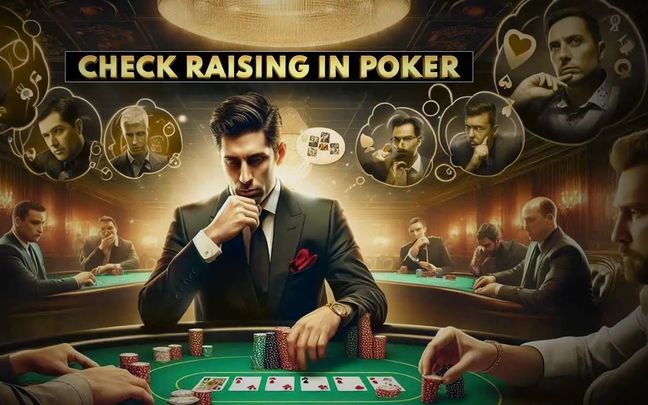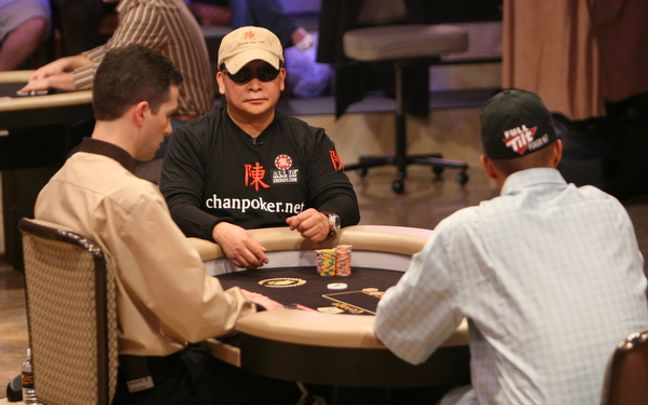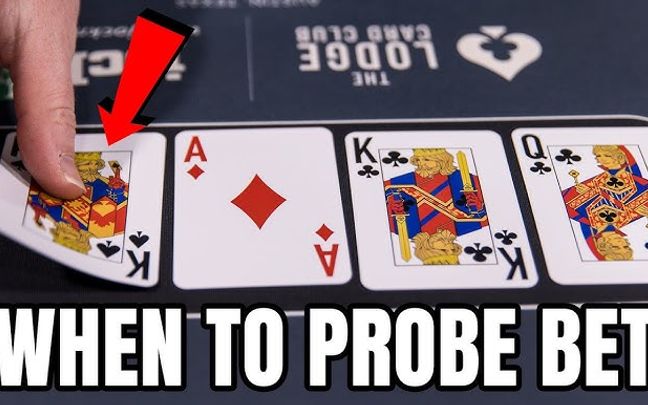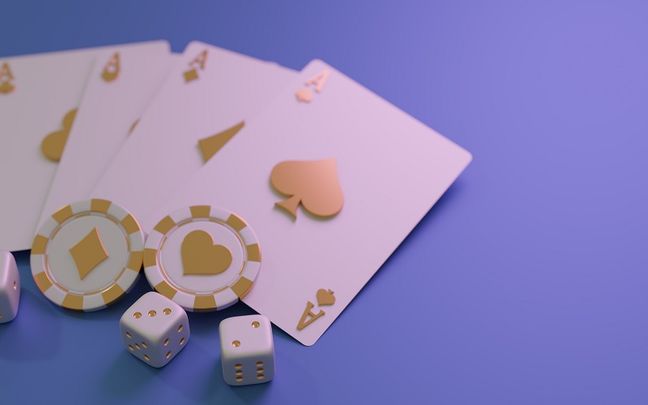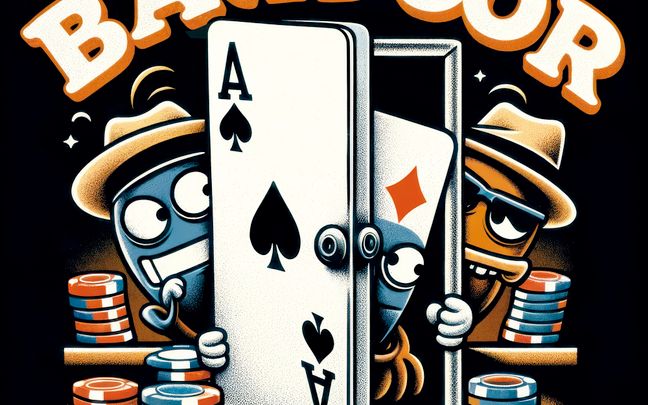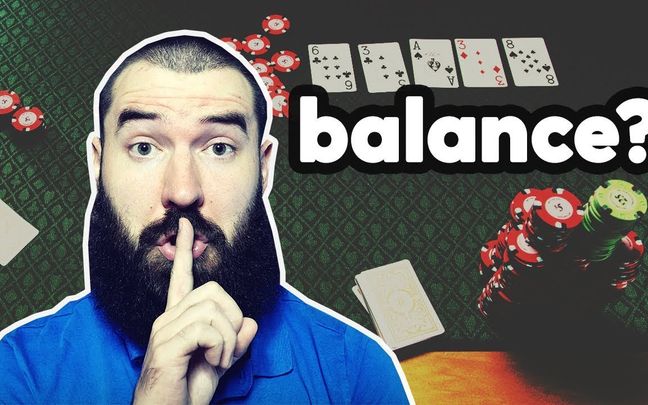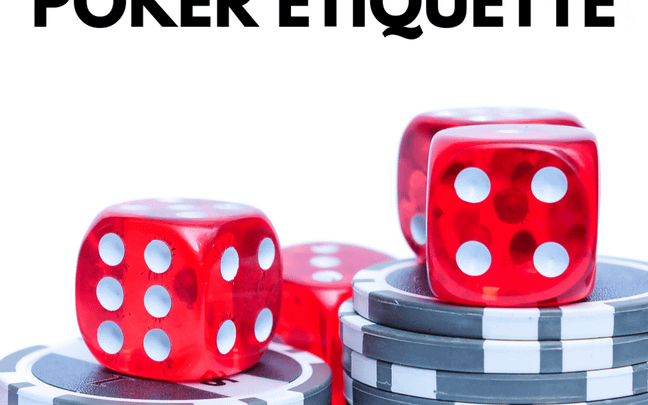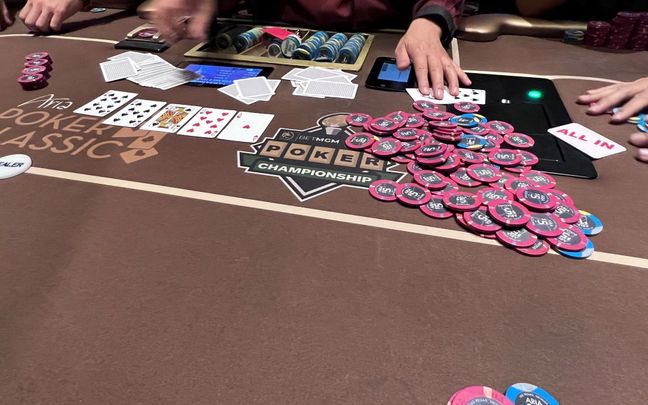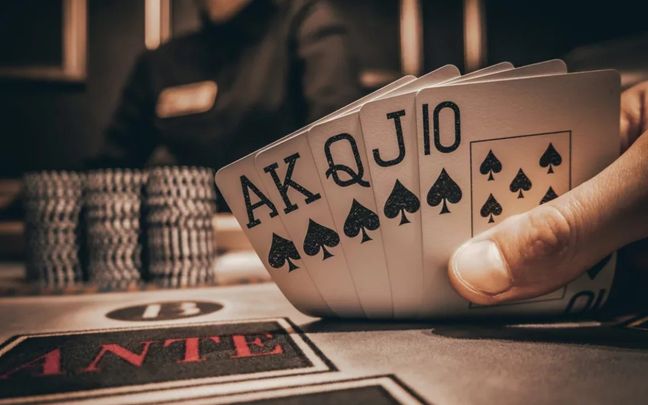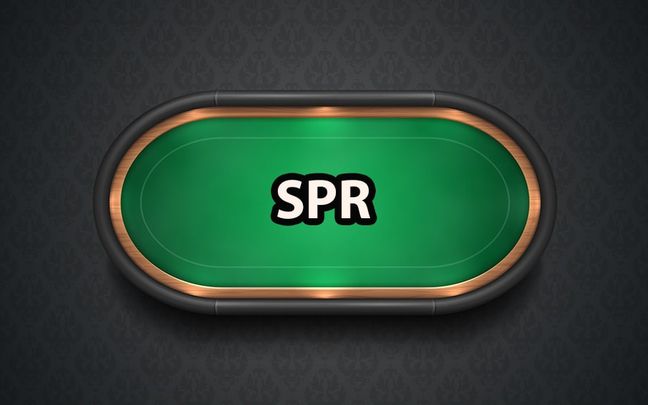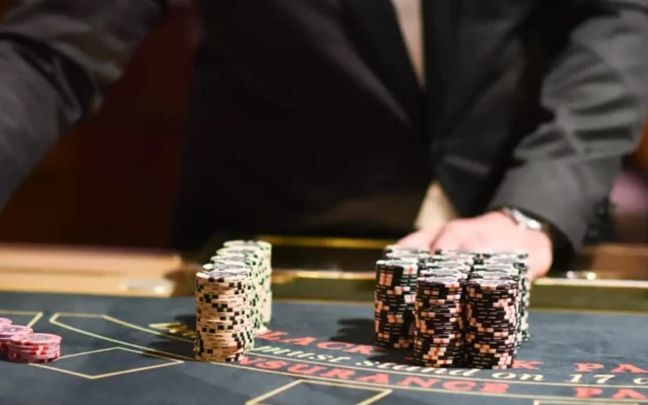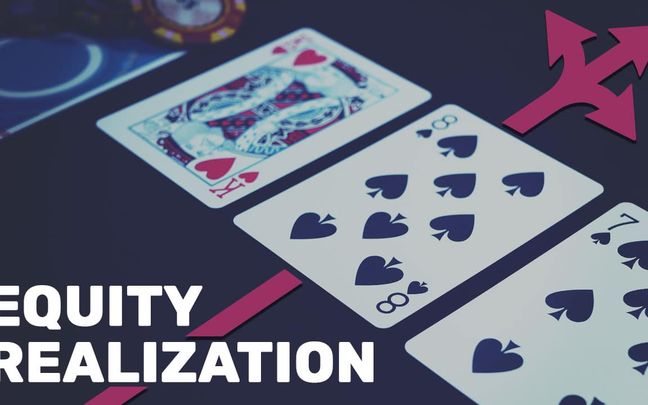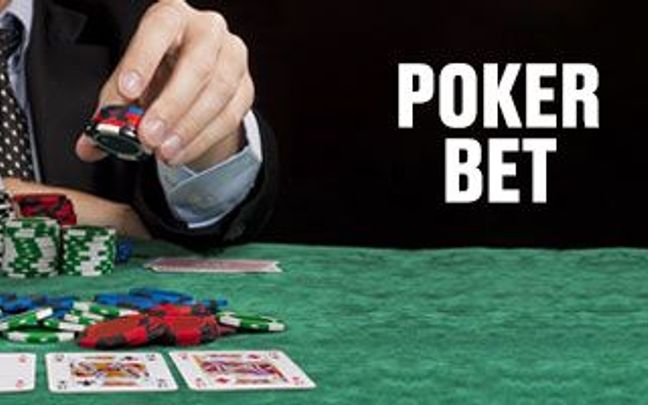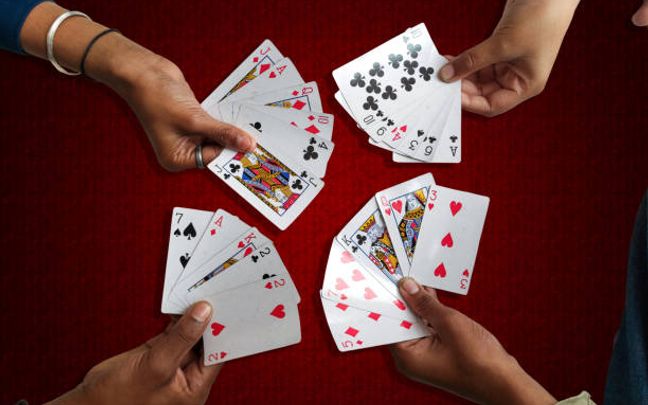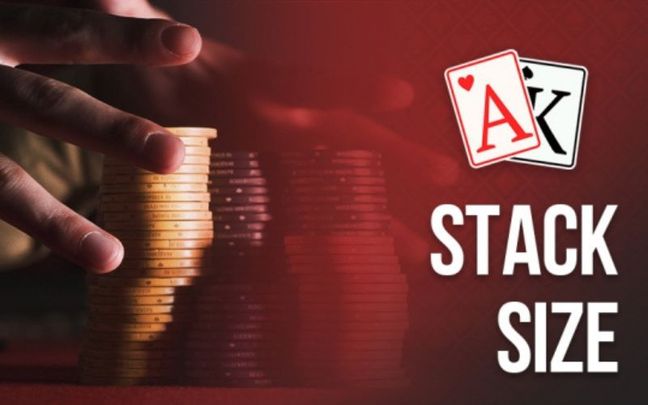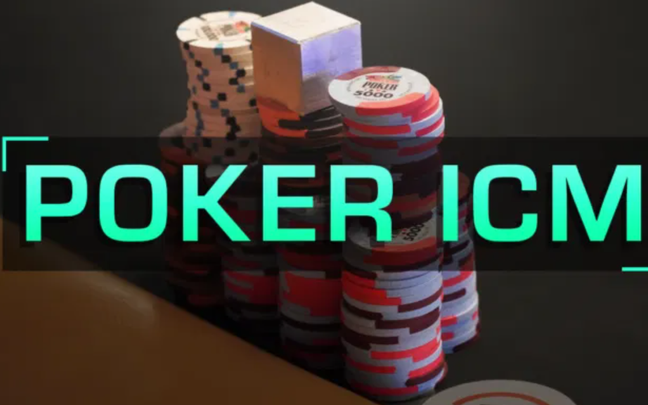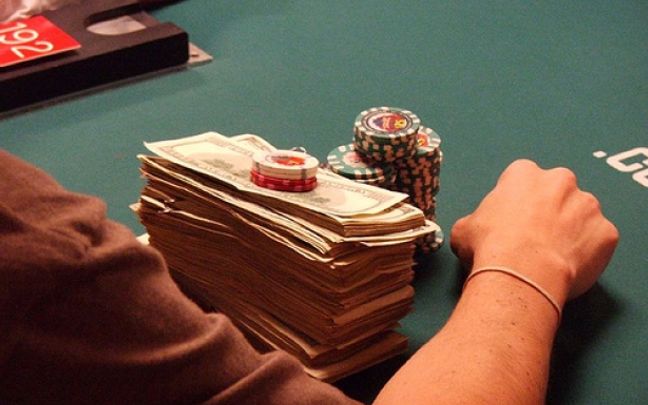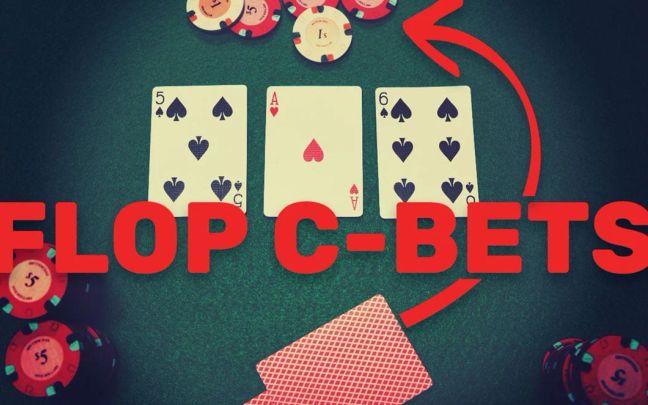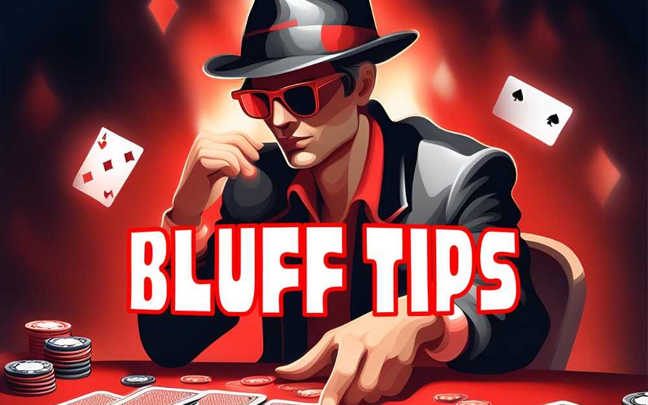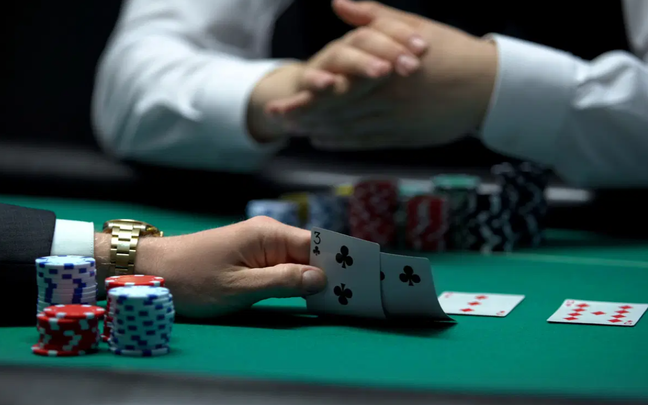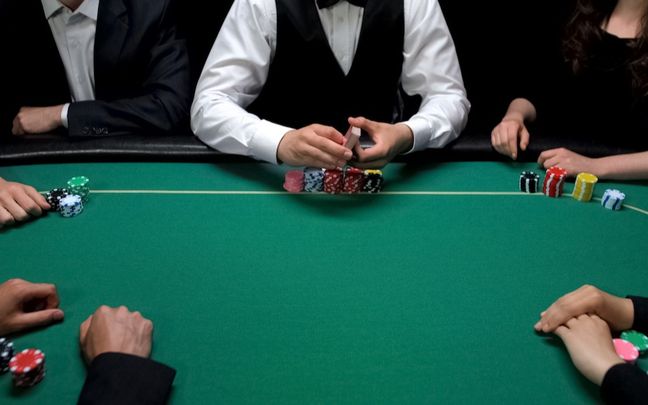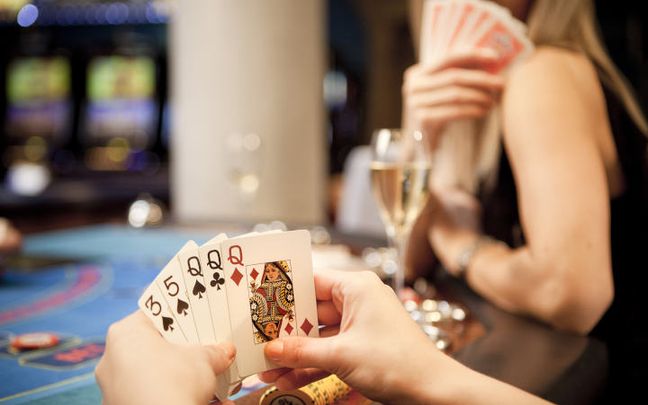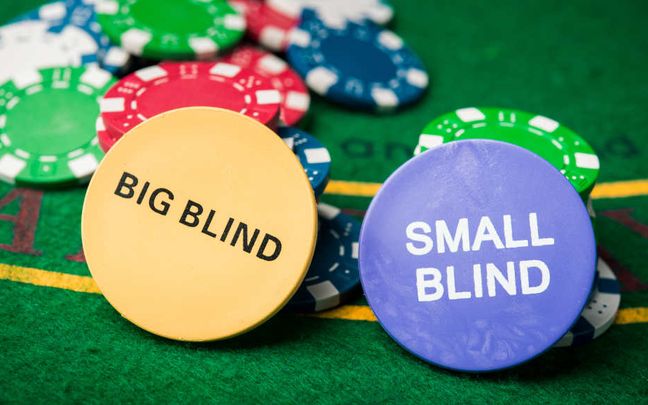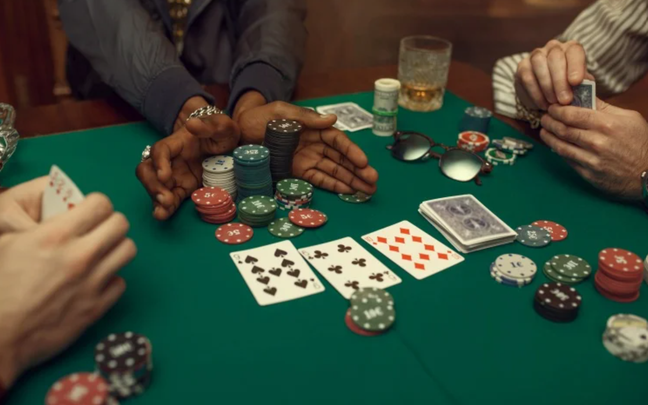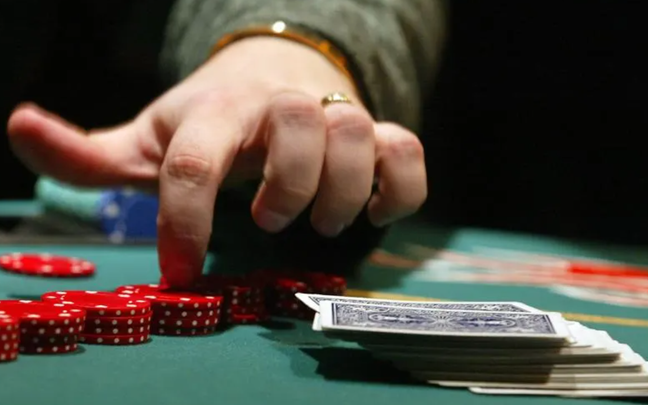“What is rabbit poker?” is a common question from those who are just beginning to learn about the game of poker. While it is not an official part of the game, rabbit poker attracts many players due to the entertainment and curiosity it offers.
This article will help you gain a better understanding of the concept of rabbit poker, as well as important considerations when applying it in poker games.

What is rabbit poker?
Beginners often wonder, what is rabbit poker? Rabbit poker (also known as rabbit hunting) is a term in poker that relates to players wanting to know what the next cards in the deck would have been after a hand has concluded without anyone going to the final round (showdown).
This is not an official variant of poker but rather a concept or feature added in some games.
Typically, when a poker hand ends because one player bets strongly and the others fold, the hand concludes without revealing any further cards (flop, turn, or river if they haven't been dealt yet). However, many players often feel curious about the outcome—whether they would have won had the hand continued or if the upcoming cards would have improved their hand. To satisfy this curiosity, some casinos or online poker rooms offer a feature called rabbit hunting.

How does rabbit poker work?
Having understood the concept of rabbit poker, let’s explore how it operates.
In rabbit poker, also known as rabbit hunting, the process unfolds as follows: After one player wins without a showdown, the next cards in the deck are revealed for everyone to see. This is not an official part of the poker game but rather a supplementary tool that provides information on how the subsequent cards could have influenced the outcome of the hand.
To illustrate, let’s consider a specific example in Texas Hold'em. Suppose, after the first betting round, one player makes a strong bet that causes all other players to fold, and the hand concludes without anyone remaining in the game. In this scenario, if the poker room has a rabbit hunting feature, you can ask the dealer to reveal the turn and river cards. This allows you to see what cards you might have received had you decided to continue playing.
Understanding what rabbit poker is and utilizing it not only provides you with insights about your potential wins or losses but also sparks interesting discussions among players. You may realize you missed out on a significant opportunity or take pride in your decision to fold.
However, it’s important to note that not all poker tables allow this action. Some rooms may have specific regulations, so before requesting rabbit hunting, you should check with the dealer or the table rules. Understanding rabbit poker will enhance your gaming experience and help you develop your card-reading skills and decision-making abilities for the future.

Rabbit poker helps you assess your chances of winning or losing in a hand.
What to Keep in Mind When Using Rabbit Poker
Understanding what rabbit poker is and using it in poker games can provide an engaging experience, satisfying your curiosity about potential outcomes if the game were to continue. However, to use this feature effectively without compromising your strategy or personal mindset, there are several important considerations to keep in mind. Below are detailed tips for using rabbit poker.
Understand the Purpose of Rabbit Poker
Rabbit poker is not an official part of poker rules and does not directly affect the outcome of a hand. It simply provides a way for you to see what the next cards might have been after a hand concludes.
Therefore, revealing the next cards after folding is purely for entertainment and to satisfy curiosity, and should not influence future strategic decisions. It's essential to maintain the mindset that poker is more about probability and skill than luck.
Avoid Being Influenced by the Revealed Cards
One of the biggest traps of rabbit poker is that it can lead to psychological impacts when you see that you might have won had you not folded. This can result in poor decisions in subsequent hands as you may start to doubt your analytical abilities or play too loosely in hopes of getting lucky.
For example, if you fold with a weak pair before the flop and later see that the flop hits a set, you might feel regret. However, it’s crucial not to let this result influence your decisions in future hands. In fact, your earlier fold may have been the right decision based on factors present at that time (position, chip count, opponent's playing style), and the subsequent favorable cards are merely coincidental.
Don’t Let Rabbit Hunting Foster Emotional Play
Poker is a game that requires emotional control and decision-making based on probabilities, information gathered from opponents, and experience. Rabbit hunting can amplify negative emotions like regret, frustration, or even complacency if you see upcoming cards aligning with your expectations. This can easily lead you into a "tilt" state, causing irrational actions in the next hand.
For instance, if you fold with a weak hand and then see the next cards form a strong hand, you might feel dissatisfied and decide to play too many hands afterward in hopes of catching a lucky break. This is a significant mistake since poker is not a game based on luck; it’s a combination of skill and accurate judgment.
Costs and Time Considerations
In some live casinos or online poker rooms, using rabbit poker may require an additional fee. While this amount is often minimal, you should consider whether it’s necessary to pay for the knowledge of upcoming cards, especially when playing serious hands or in significant tournaments.
Additionally, utilizing rabbit poker can slow down the progression of the game. If too many players request rabbit poker throughout the game, it can cause interruptions or discomfort for others, diminishing the game's flow and continuity.
Consider When to Use Rabbit Poker
Using the rabbit poker feature is not always advisable. If you’re in an important hand where strategy and psychology are crucial, utilizing rabbit poker can distract you from your focus. You should only use rabbit poker when you genuinely want entertainment or in low-stakes situations to satisfy your curiosity.
For example, in casual poker games with friends, rabbit poker can add fun. However, in professional tournaments or when playing for high stakes, it's far more important to concentrate fully on strategy and opponent analysis than to know the next card.
Understand Probabilities and Strategy
Rabbit poker should not be viewed as a tool to enhance your strategy. Professional poker players understand that knowing the upcoming cards is less important than making decisions based on available information and careful analysis of opponents.
Any outcomes revealed after a card is shown are random, and you shouldn't let these results dictate your long-term strategic thinking.
Instead of relying on information about cards revealed after folding, focus on analyzing your opponents' card potential, predicting the probabilities of your own hands against their actions, and using that information to make informed decisions.
Over-Reliance on Rabbit Poker Can Diminish Play Quality
Another issue with excessive reliance on rabbit poker is that it can undermine your confidence in your decisions. Instead of trusting your analysis and strategy, you may feel that only luck determines success. This decreases the quality of your play, as poker is a game that demands decisiveness and rationality.

Mastering the concept of rabbit poker will enhance your playing experience.
In conclusion, understanding what rabbit poker is and how to use it can bring a lot of enjoyment, as well as satisfy your curiosity about what might happen if the hand were to continue. However, to use rabbit poker effectively without negatively impacting your strategy and mindset, it is essential to ensure that the results from rabbit poker do not influence your future decisions.
